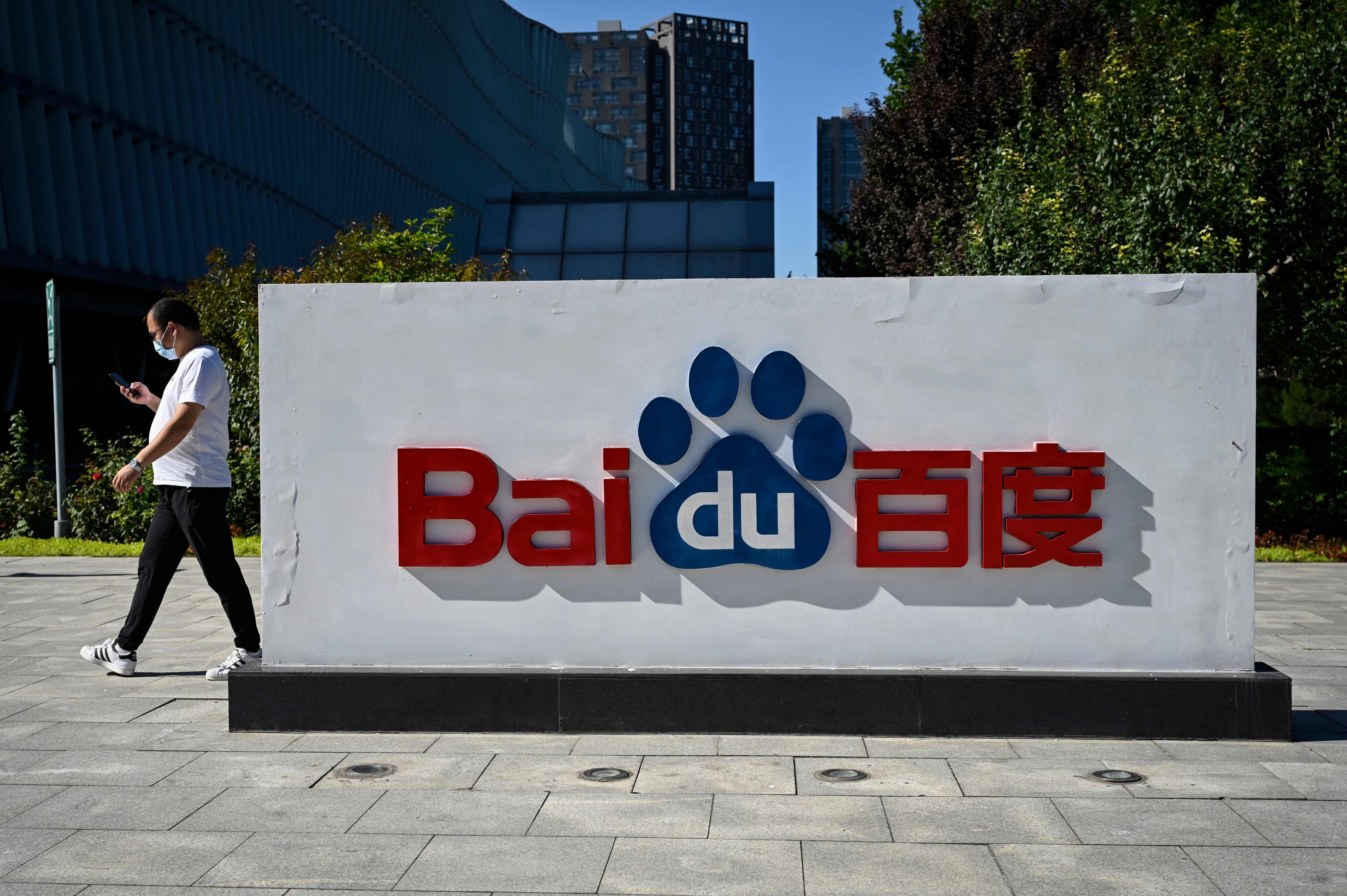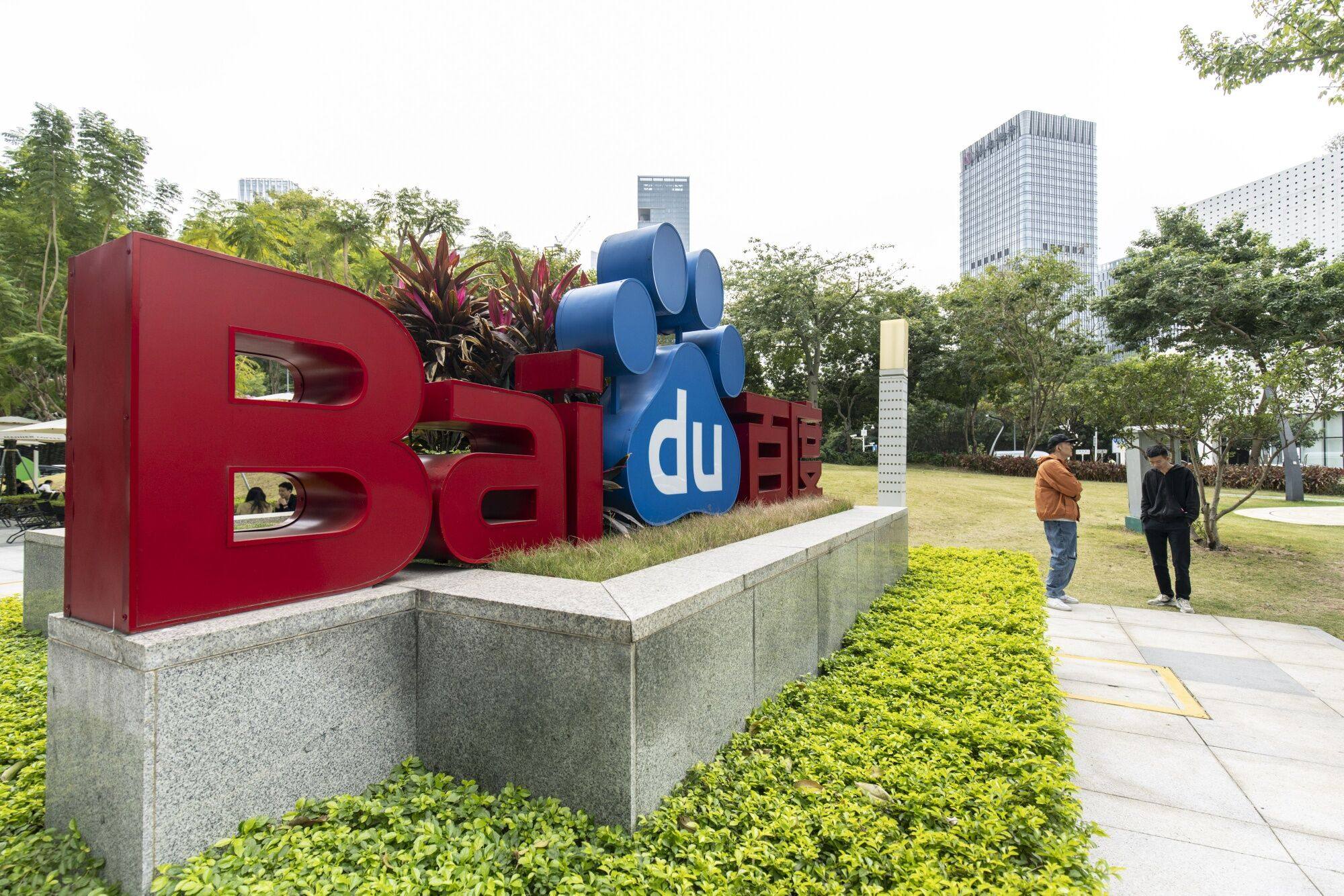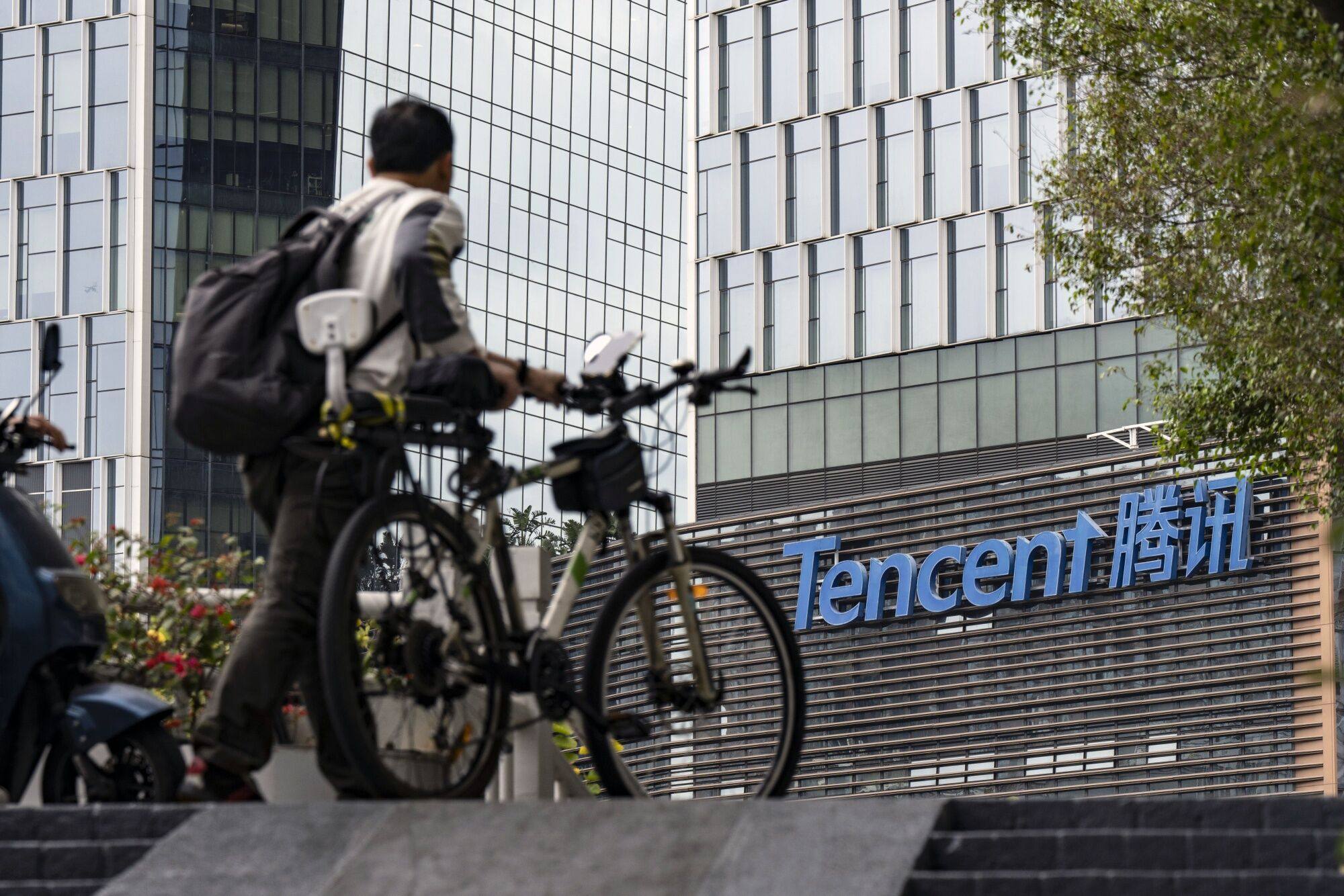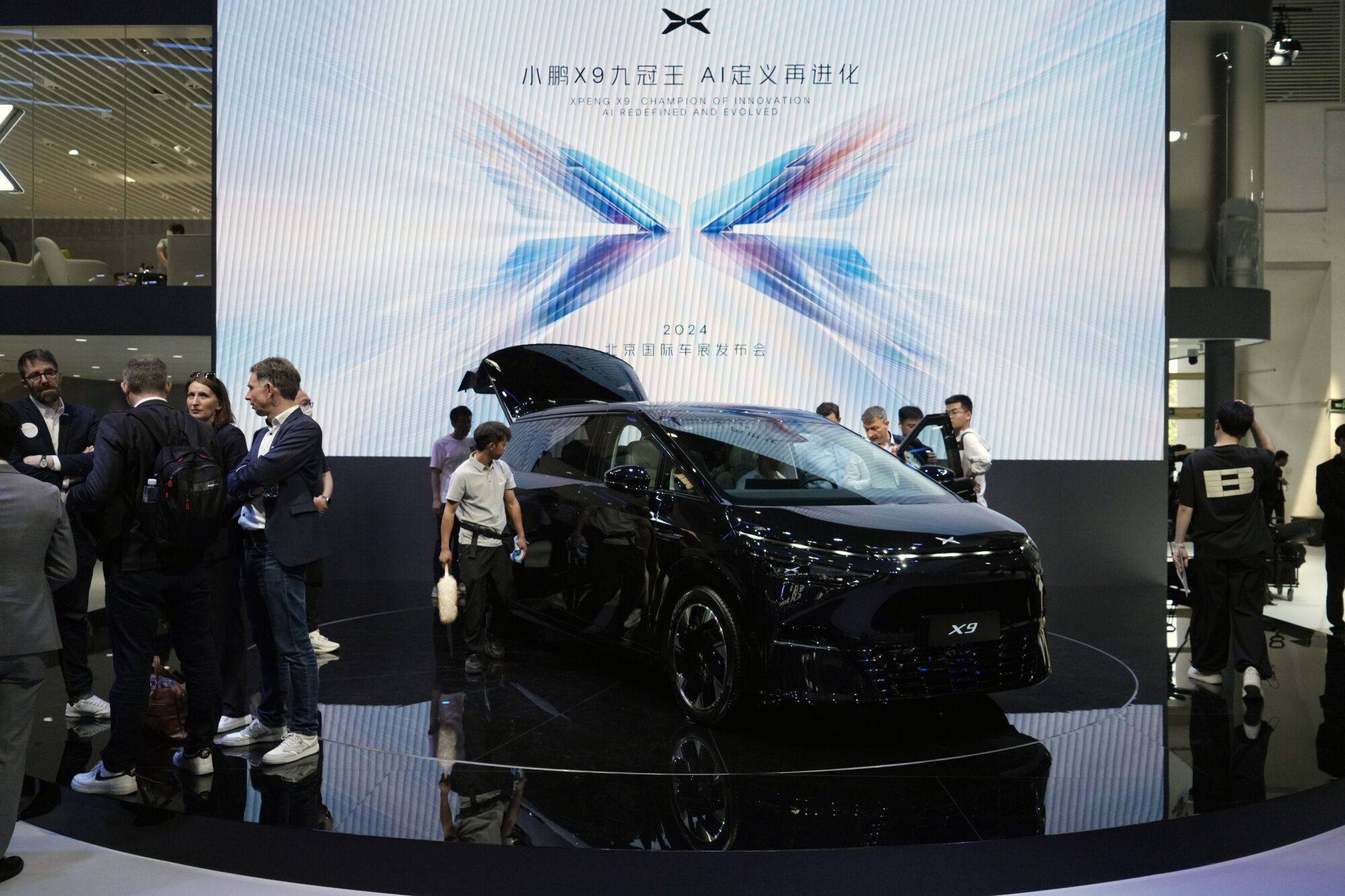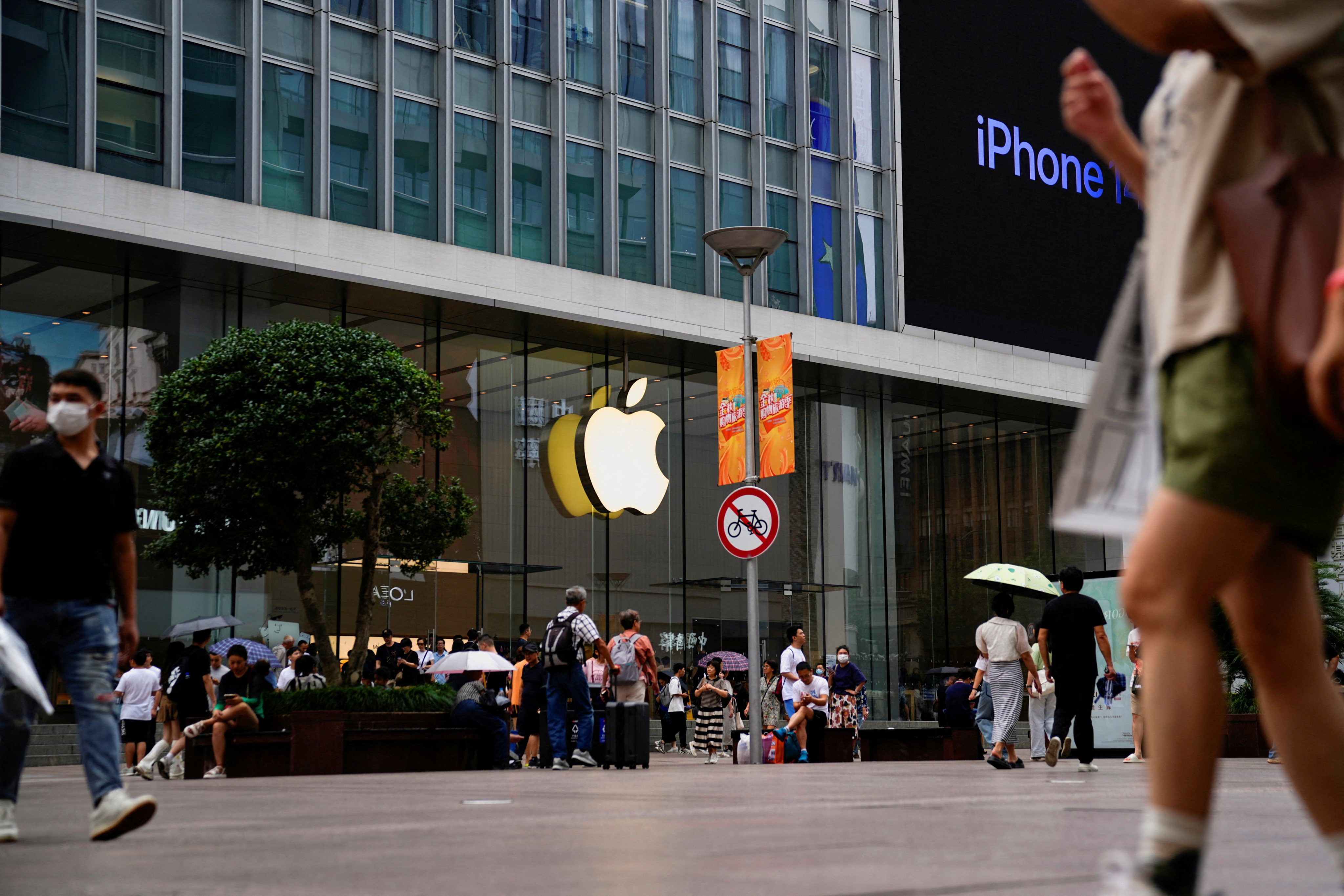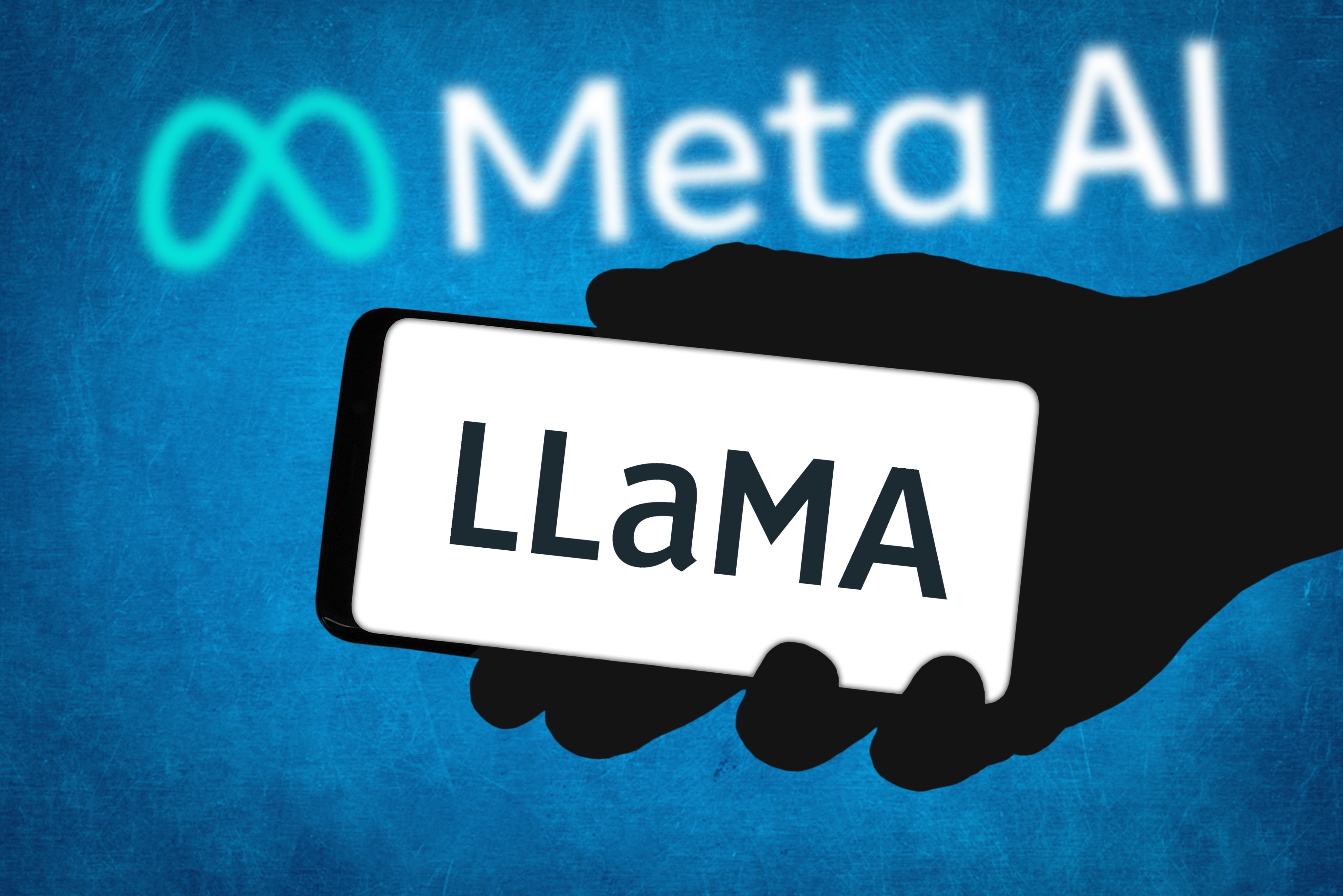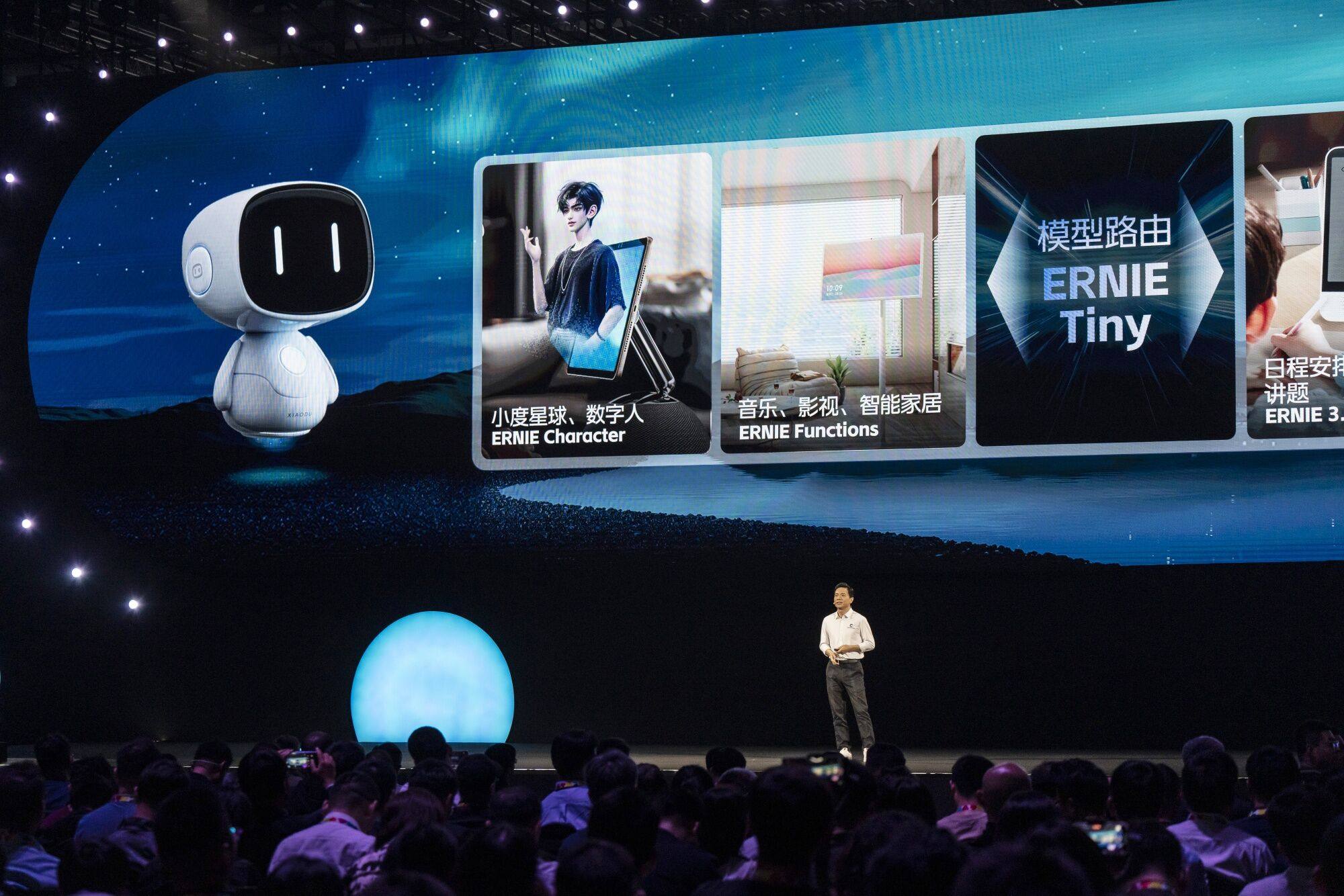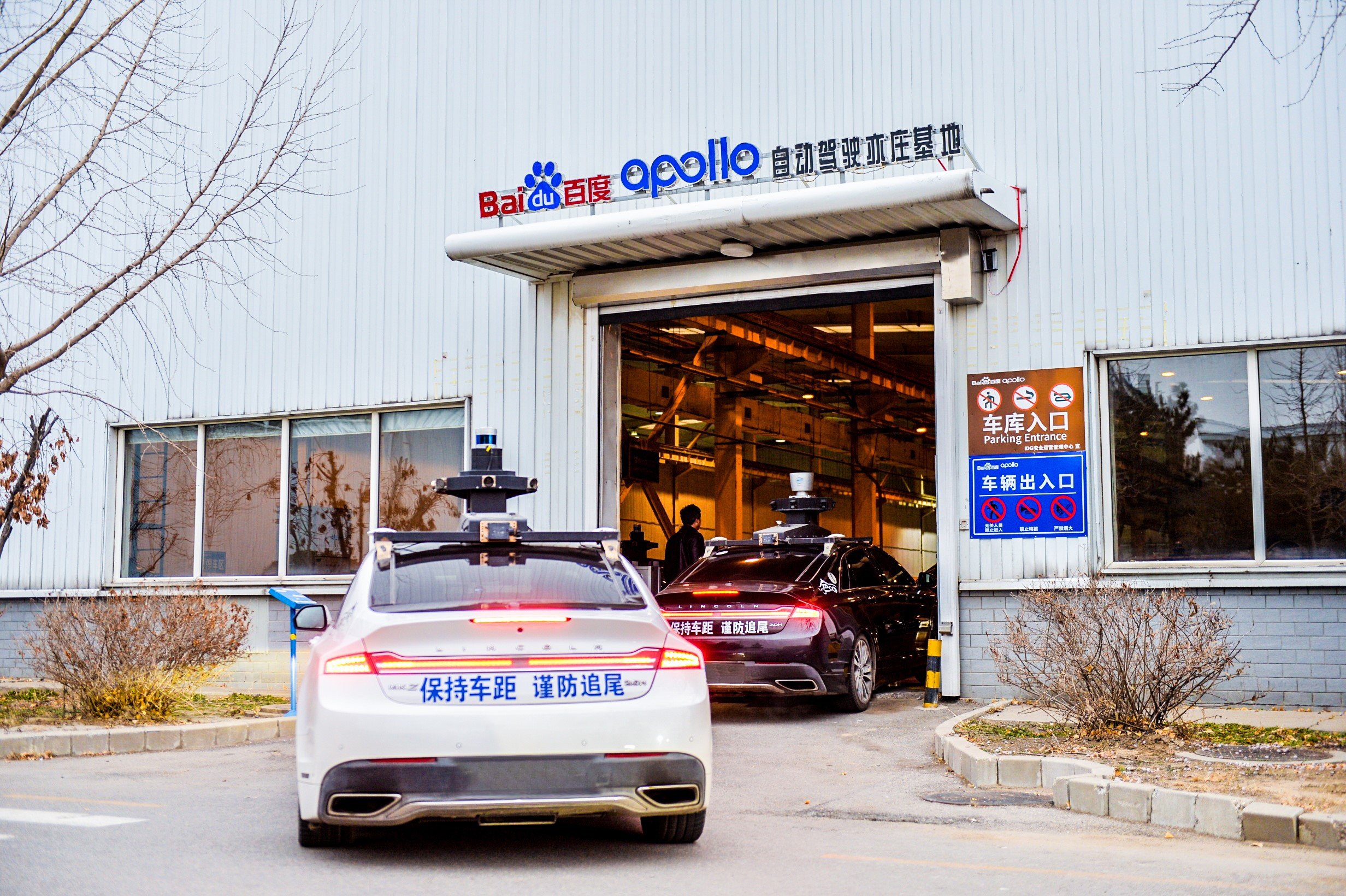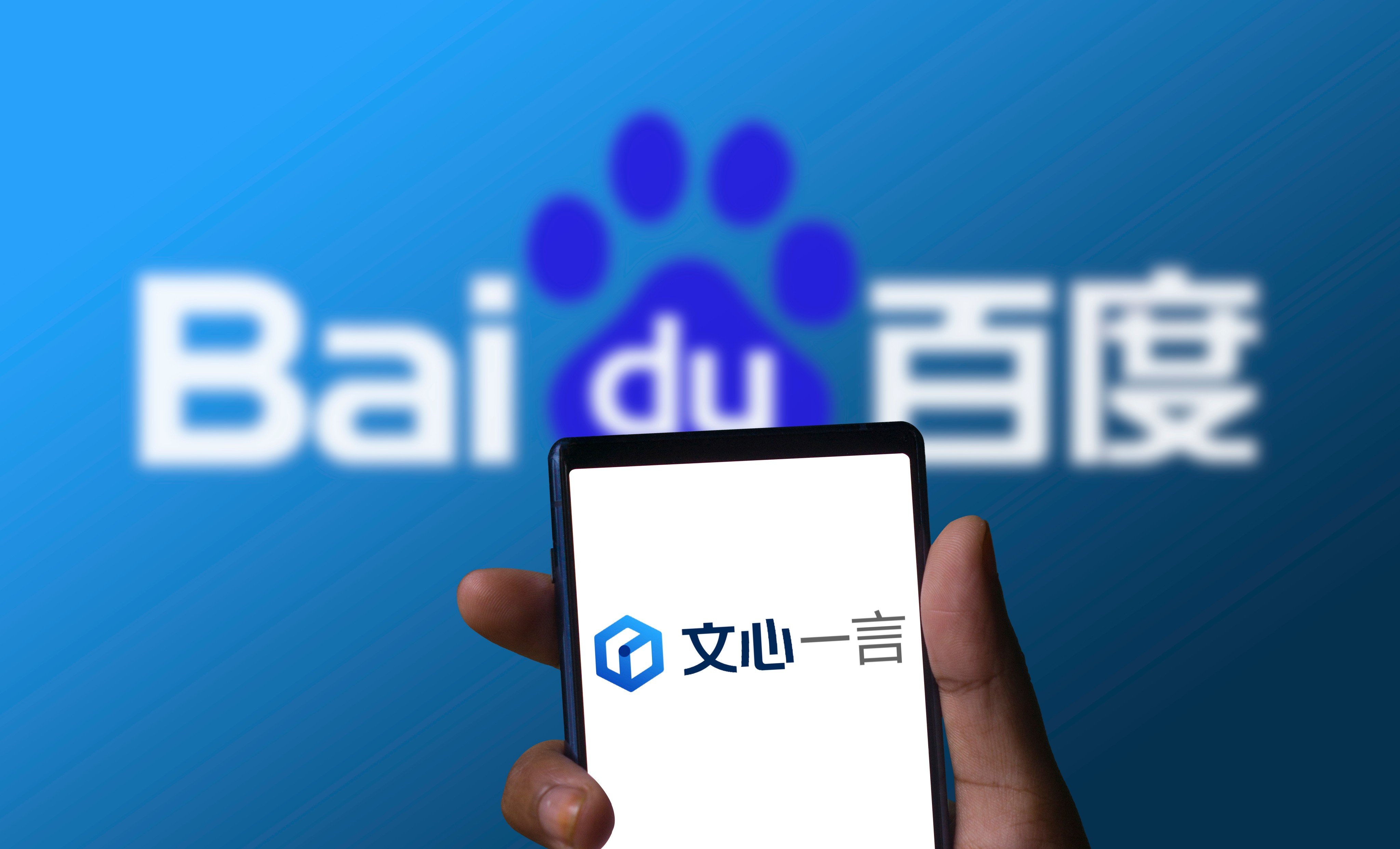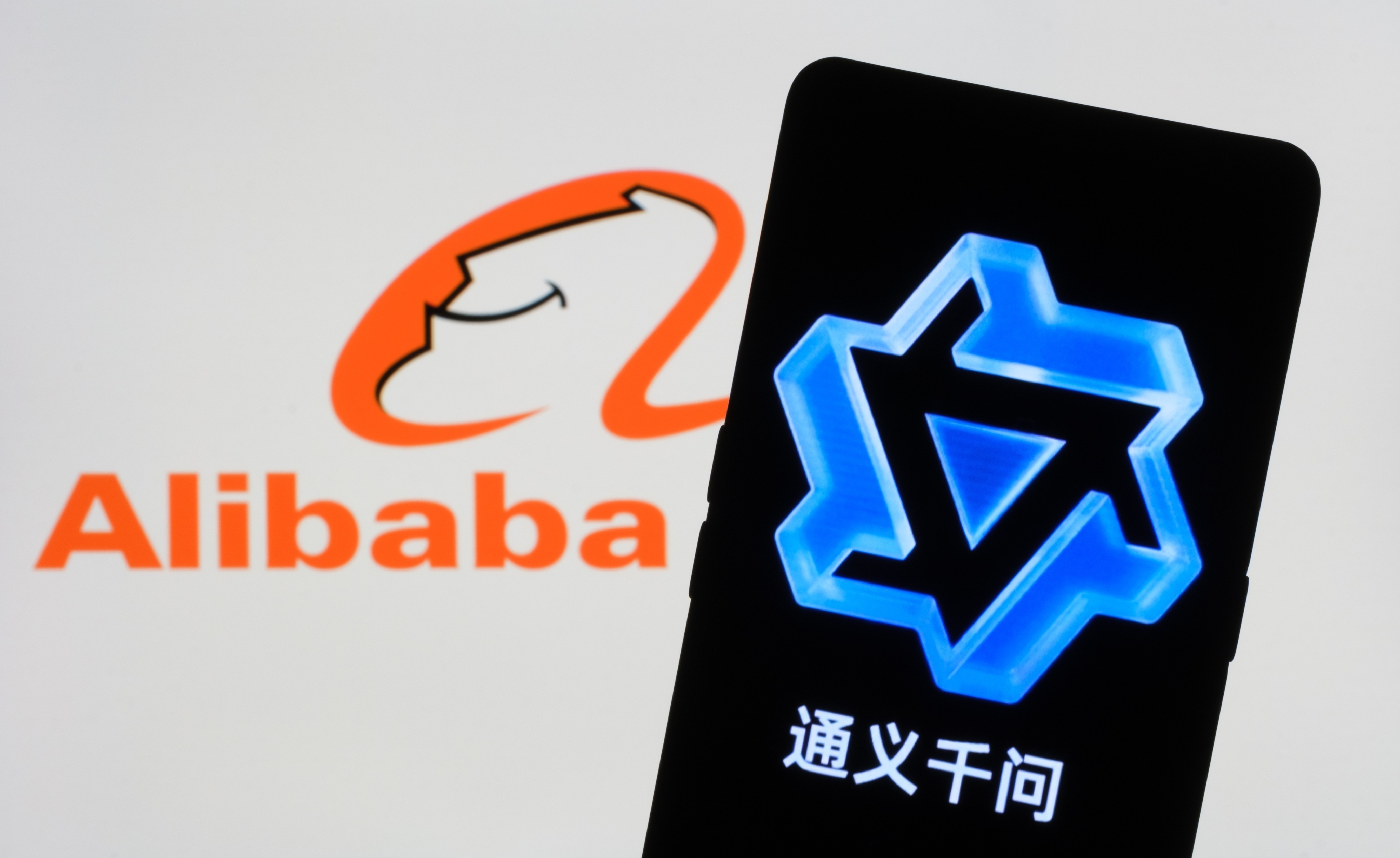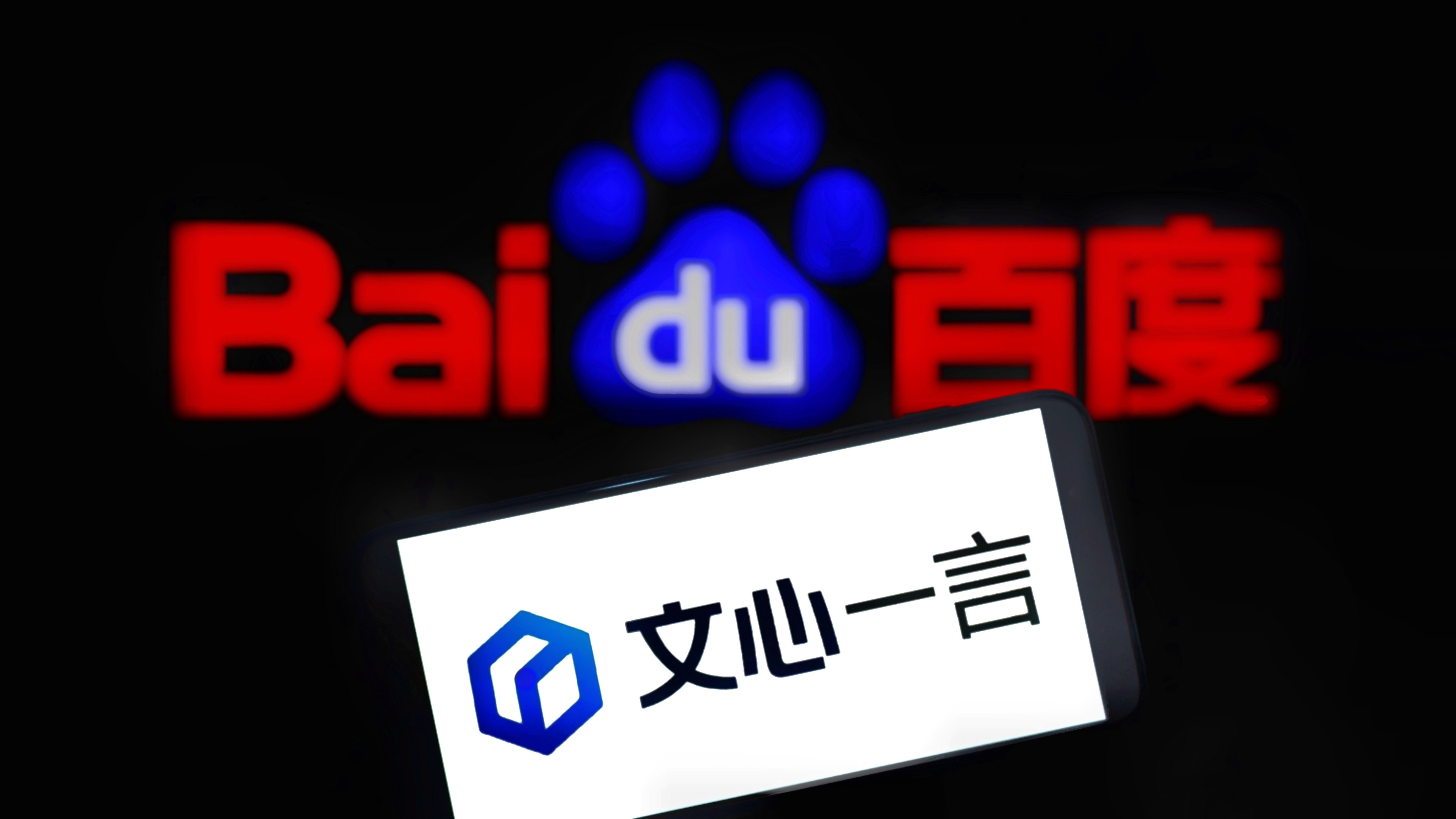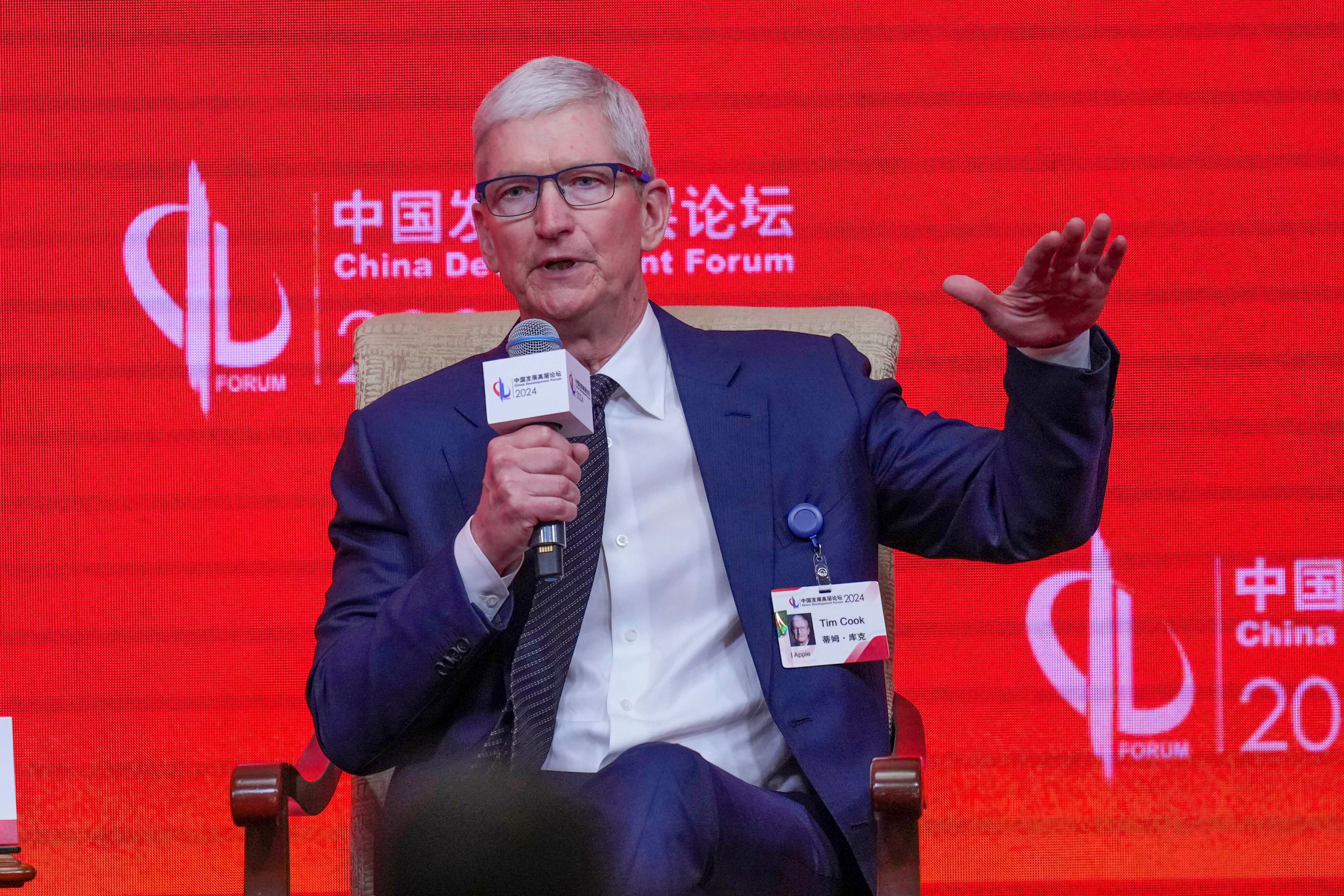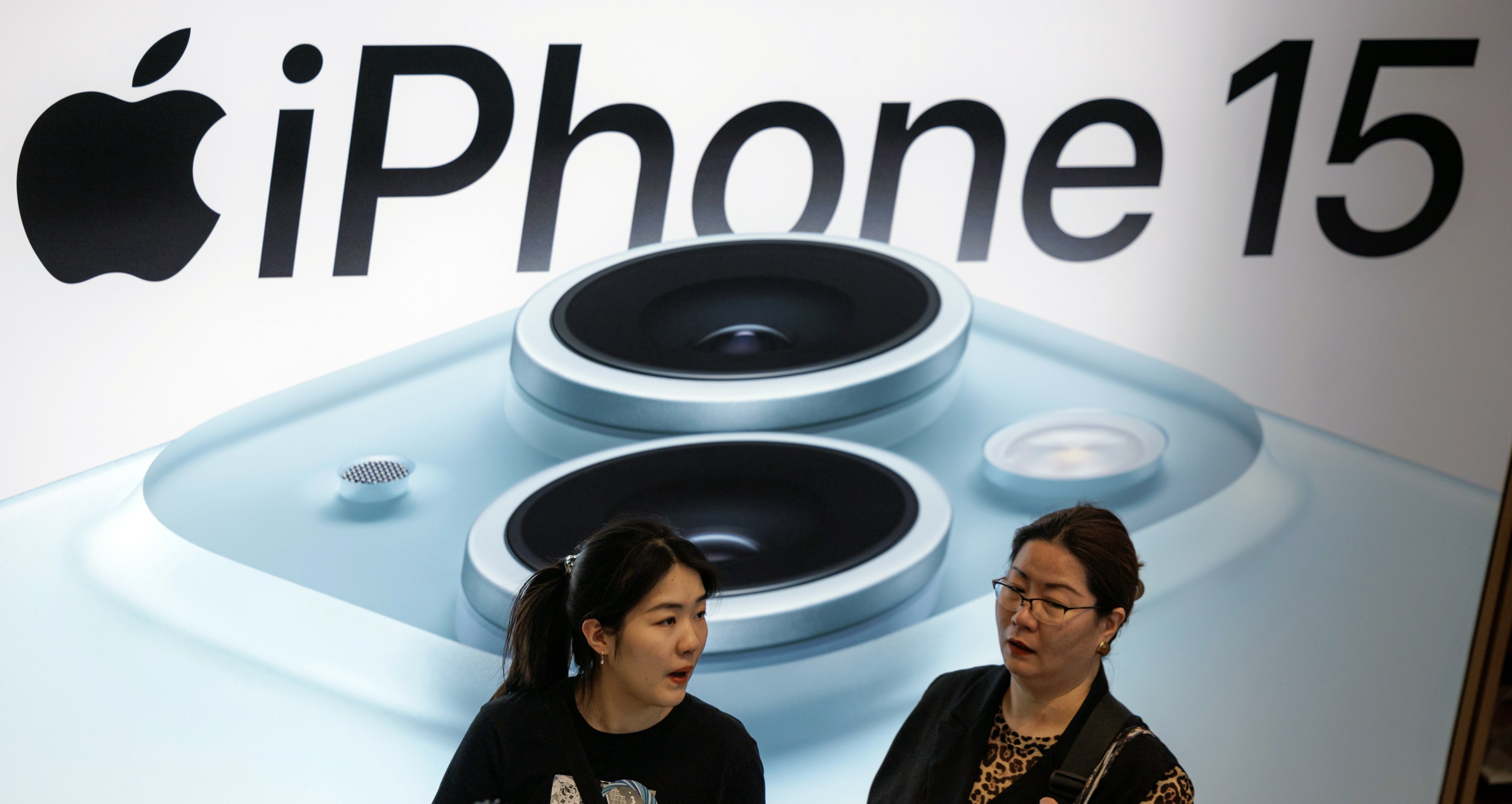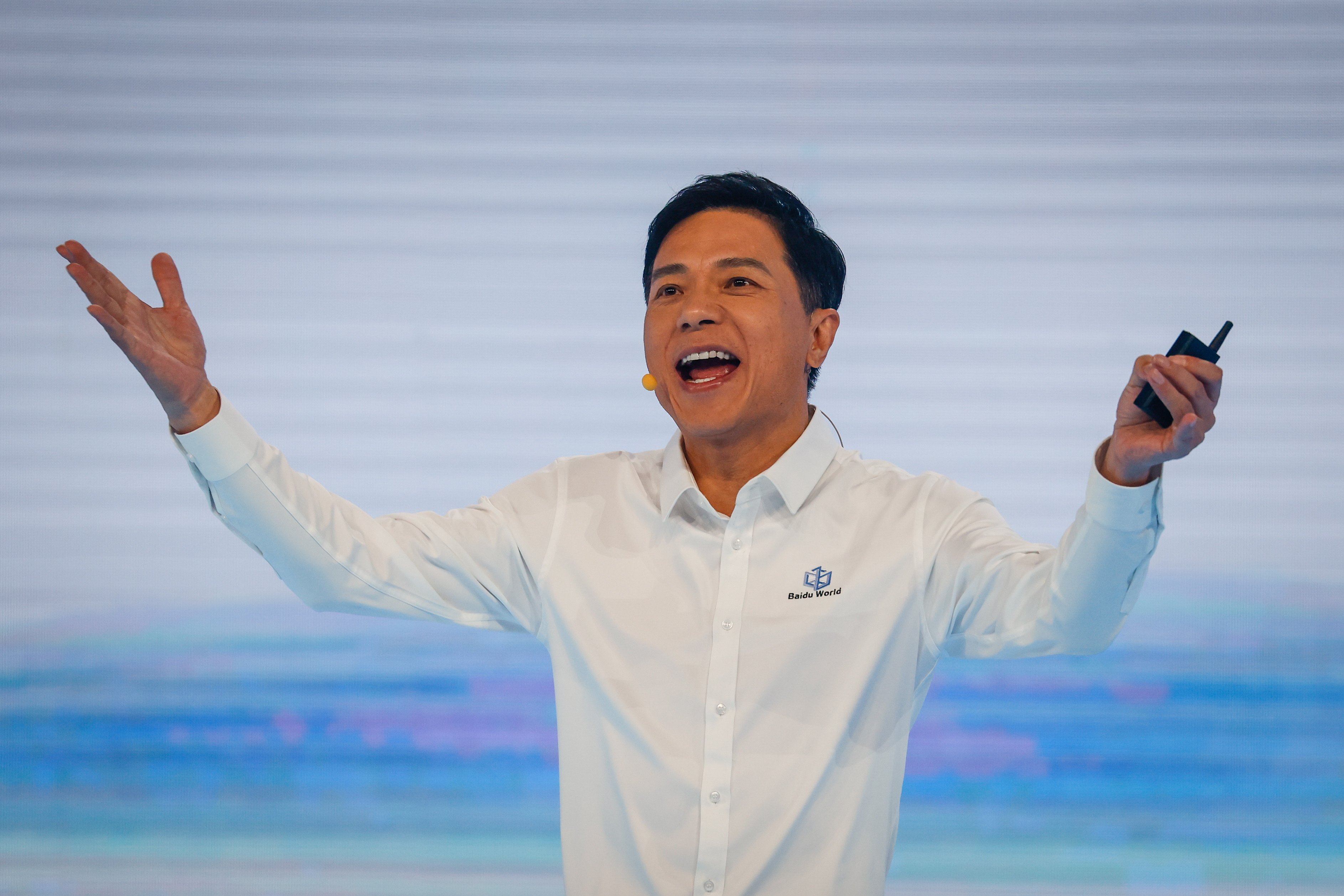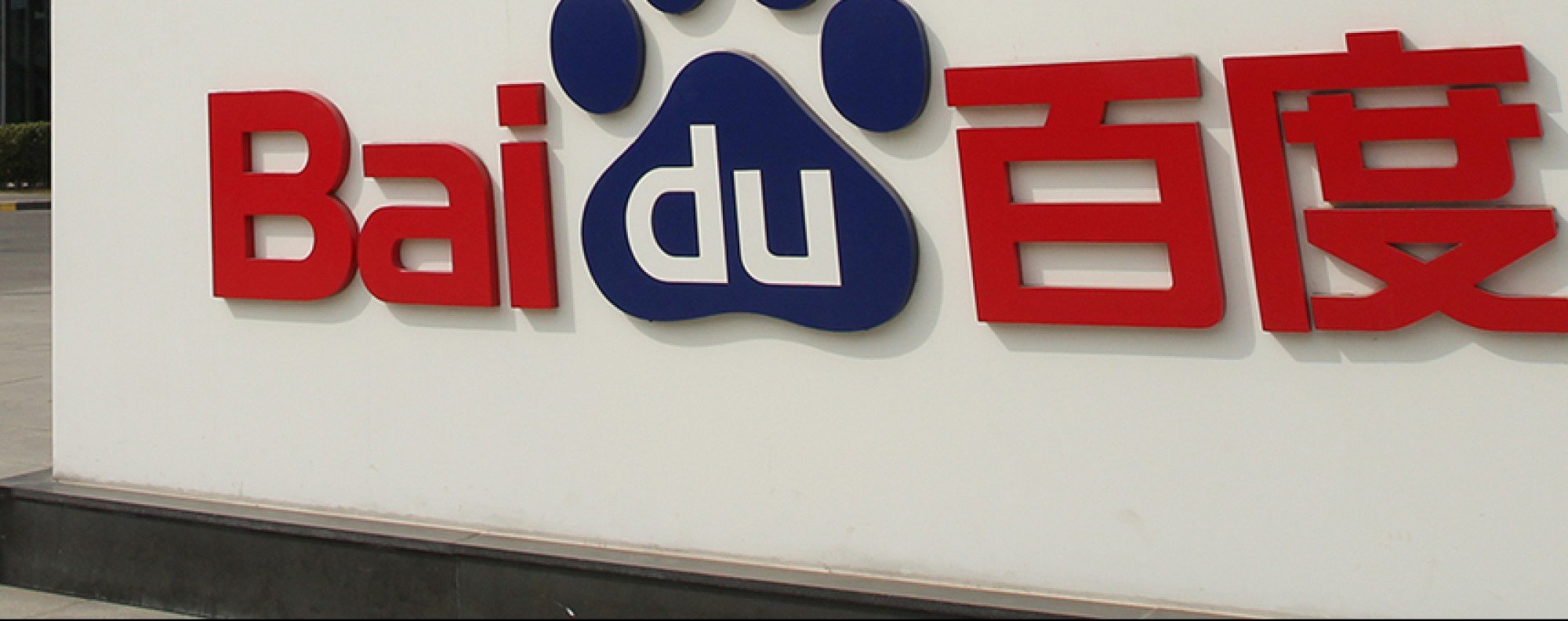
Topic
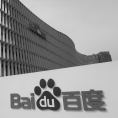
Baidu operates the largest and most widely used search engine in China. It also offers maps, translation and e-commerce and operates a music-streaming service and a mobile app market. Baidu owns a majority stake in iQIYI, dubbed China’s answer to Netflix. The company also invests heavily in autonomous driving and artificial intelligence.
China officially connected to the internet in April 1994. Today, its online influence is stronger than ever.
Israel’s embrace of ‘balagan’ or chaos has boosted the nation’s tech prowess, but China’s aversion to risks in fields like AI and proposed regulations on reviewing apps are likely to dampen the spirit of innovation.
The country is well ahead of the US on the road to fully automated vehicles and in the drive to go further safely is asking the people for their views.
- China’s e-commerce sector achieved a 12 per cent overall growth in the March quarter, according to data from JPMorgan
- Increased online penetration in various industries is expected to drive revenue growth for the e-commerce sector this year
China’s search engine and AI giant saw revenue grow 1 per cent in the first quarter, while net income fell 6 per cent but was better than estimates.
ByteDance’s aggressive pricing for its Doubao large language model family shows the increased opportunity in mainland China, where more firms are scrambling to adopt GenAI tools.
Qu Jing’s comments endorsing an intense workplace culture sparked a public backlash in China, where people have been speaking out against damaging office practices at Big Tech firms.
The company says its LLM series, also known as Qwen, is used in industries ranging from consumer electronics to cars and online games, with clients that include Xiaomi.
China’s internet giants have slashed jobs in recent years, affecting tens of thousands of people, many of whom have decided to become entrepreneurs themselves, with mixed results.
To go to market with Tesla’s Full Self-Driving system, Elon Musk had no choice but to join a Chinese partner for a mapping licence on the mainland.
Across 16 sectors, artificial intelligence unicorns are the highest valued, at an average of US$6.76 billion, followed by financial technology firms at US$6.57 billion.
Chinese electric vehicle start-up Xpeng said its partnership with AI chip supplier Nvidia has not been affected by tighter US trade sanctions, but it will keep its options open with local suppliers.
Apple is still No 1 in China’s premium segment, which consists of handsets priced over US$600, but it is losing market share to Honor and Huawei, according to IDC.
Launched in 2006, Baidu Baike gained popularity partly because access to Wikipedia was unreliable and eventually blocked in China.
Alibaba and Baidu are adding support for Meta’s Llama 3 large language model to their cloud computing platforms, after the technology used to train chatbots like ChatGPT was released last week.
‘Obvious gaps’ exist in the code-writing and operative abilities between domestic and first-class foreign models, an assessment by Tsinghua University found.
The internet giant’s Intelligent Driving Group will strive for ‘100 million yuan of revenue and 100 million yuan of profits’, unit head Wang Yunpeng writes in a letter to employees.
The first global standards specifically covering GenAI and LLM released on Tuesday are a joint effort between Ant Group, Baidu, Tencent, OpenAI, Microsoft, Nvidia and others.
Banma Network Technologies, an Alibaba-backed autonomous-driving software start-up, has replaced its CEO amid an overhaul.
Baidu’s artificial intelligence chatbot Ernie Bot has attracted over 200 million users, according to company chief executive Robin Li Yanhong, as the AI race in China heats up.
The company’s latest AI push could fuel further debate on whether China can continue relying on open-source development, instead of bolstering its own tech ecosystem.
Generative AI may be the largest technological transformation since cloud computing or even the internet, Amazon CEO Andy Jassy writes in an annual shareholder letter.
Huawei announced new versions of its Luxeed S7 electric sedan and a PC with AI built in, but people are still awaiting its next big smartphone launch since the Mate 60.
Alibaba chairman Joe Tsai said US chip export restrictions to China have ‘definitely affected’ mainland tech firms, including the e-commerce giant’s cloud computing business.
ByteDance’s website listed more than 320 generative artificial intelligence-related job openings as of Tuesday, up from 307 vacancies posted a month earlier.
China’s biggest generative artificial intelligence (AI) developers, including Baidu and Alibaba, have upgraded their chat bots to handle super long texts of up to 10 million Chinese characters.
Apple taps Baidu’s Ernie Bot to provide AI services for its iPhone 16 in China as CEO Tim Cook tours country.
Apple is in talks with Baidu to bring AI on to iPhones in China, The Wall Street Journal reported. In China, AI tech must be vetted by regulators.
Robin Li Yanhong said his company’s Ernie model can produce better results when asked to write poetry following a Tang-era metre.
GSR Ventures’ Allen Zhu sees the current investor interest generated by artificial intelligence start-ups that are building large language models as based on a ‘fear of missing out’.











